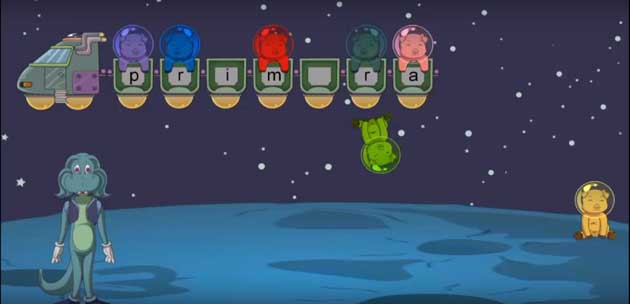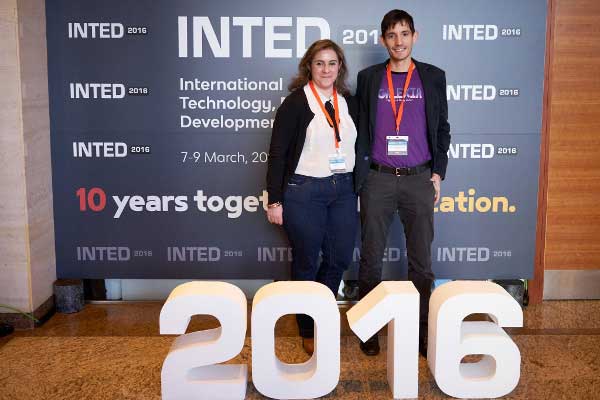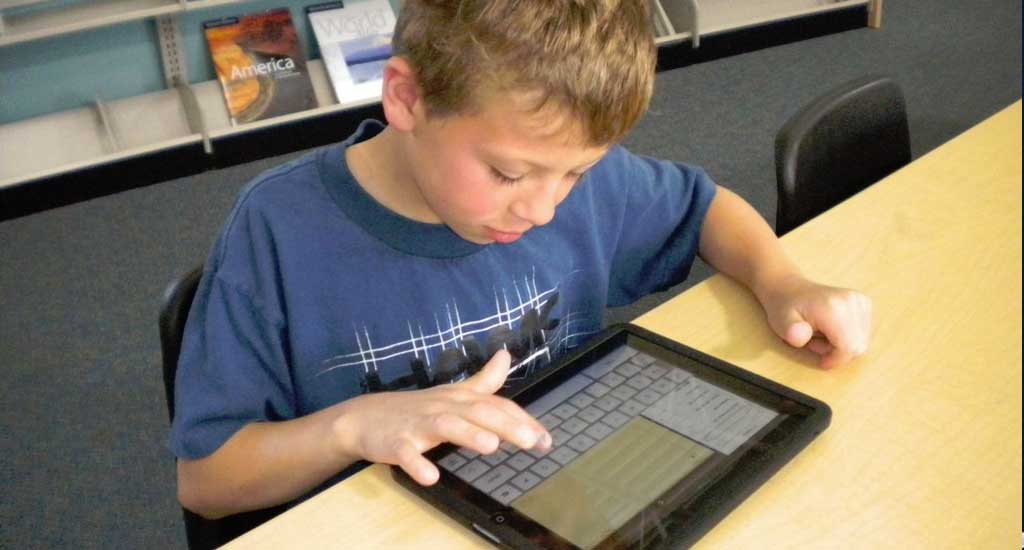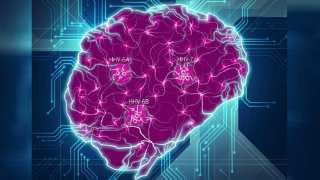Dyslexia is characterized by trouble reading, despite normal or above average intelligence. Problems may include difficulties in spelling or pronouncing words, reading quickly, writing words and understanding what one reads. Galexia is an interactive game app for smartphones that notably improves the reading and writing ability of children with dyslexia. The application was developed at the University of Granada by researchers in collaboration with students. It is now available on Google Play for Android and has been nominated for the Best University Game Award by the Spanish Academy of Interactive Arts and Sciences (AIAS). The content of the game is adapted to the educational level of the player and is manageable, attractive and user-friendly.
Galexia’s promising test results
At the moment, the app is aimed at children between 7 and 12 years, but future plans include developments and additions in the game, in order to also help high school students and adults. Galexia has been very well received and already has a high number of downloads. It is currently placed at the top of world rankings of educational apps aimed toward improving reading and writing skills, with a specific focus on dyslexia. Studies conducted on people with reading and writing problems show how, after training, reading scores of children with these difficulties reach similar levels to those of children without such difficulties.

Screenshot of the game
The advantage of Galexia over other similar apps, is that it is has been scientifically validated. Moreover, the application has been already used in a number of schools and helped many students. It has been approved by teachers and experts working in the fields of dyslexia and speech therapy.
As an incidental result, it has been reported that Galexia leads to a greater interest in reading. Therefore, it may be helpful, not only for children with reading and writing difficulties, but also for those who need to develop their reading skills.
About the game
According to Galexia’s creators, the game is organized so that the user will join an alien companion on a fun and exciting intergalactic journey from Earth to his home planet, Leximundo. Players will travel around the galaxy for over 24 gaming sessions, during which they will take part in a number of activities and mini-games that will enhance their ability to learn and improve their reading fluency. In this entertaining and enjoyable environment, they must overcome all the obstacles that get in the way: facing enemy UFOs, solving puzzles and riddles, exploring unknown planets and much more.

Francisca Serrano Chica & José Francisco Bravo, creators of Galexia (ugr.university)
The best feature about Galexia is that it is structured and sequential, which means that the user will begin by reading syllables, then continue with whole words and finally, sections of text. It’s not just a game, it's a program that monitors each session of the user and based on their results, it adjusts and improves itself to better match the user’s needs. It uses repeated and accelerated reading in order to improve reading fluency for those with dyslexia. The game is complemented by phonological reinforcement activities, phoneme-grapheme correspondence rules, spelling pattern rules and comprehension activities.
Signs of dyslexia usually become apparent when a child starts school and begins to focus more on learning how to read and write. There are not many games aimed specifically at people with this disorder, so hopefully Galexia will set an example and make us more aware of this common problem. Since the results are so promising, there is hope that one day dyslexic children or even adults may be able to completely overcome reading and writing difficulties, as soon as they are diagnosed.
Top image: Children with Dyslexia Using iPad. (CC BY 2.0)







No comment